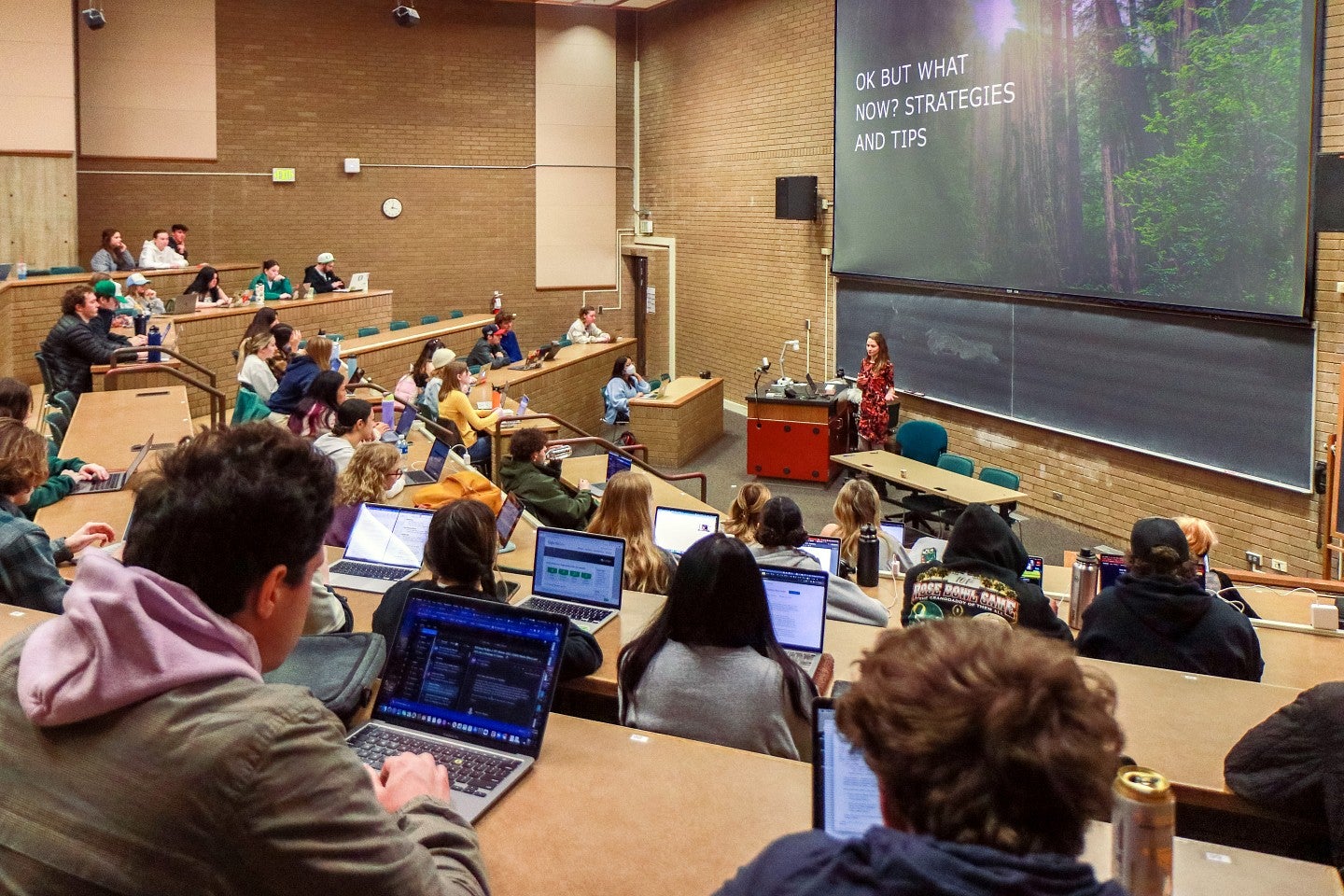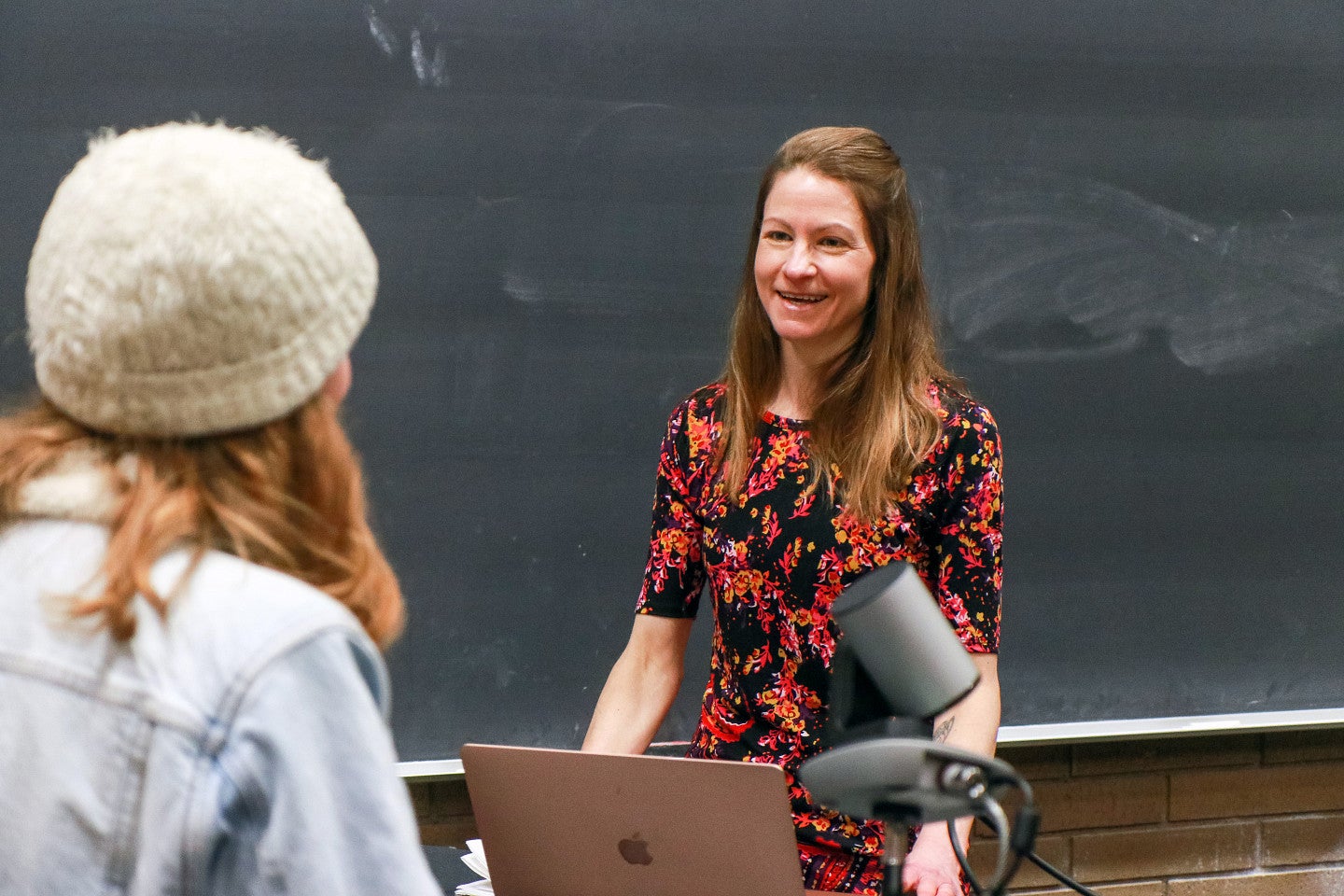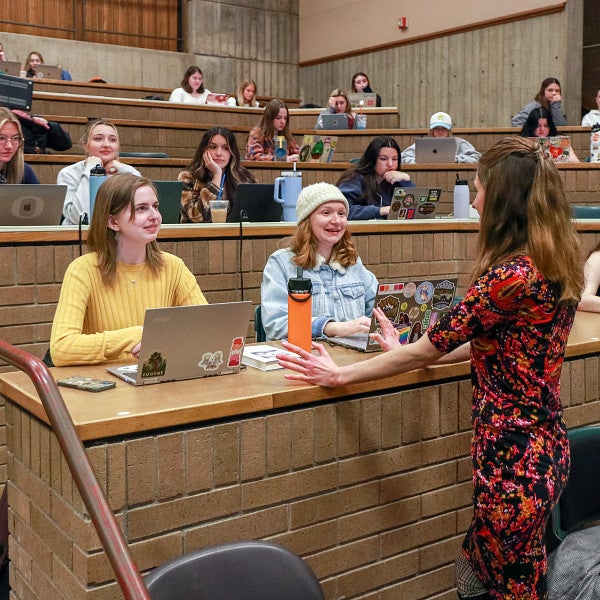
Every day we are faced with choices about what to share on social media and how to share it. Bad sharing choices have all kinds of wide-reaching effects on our politics, our relationships and our mental health. Given these stakes, what can we do to share better?
The first step is to take an ecological approach and consider connections between our technologies, our social groups and ourselves. The concept of information pollution is central to this effort and can be broken down into two types:

- “Polluted” information is information that is in itself toxic. It can take the form of “classic” political disinformation, but it also includes images that are Photoshopped to mislead audiences or memes that spread false rumors.
- “Polluting” information is a broader category that makes us feel gross, because it’s stressful, there’s too much of it or it’s simply mean. Polluting information might be true; what makes it polluting is the impact it has on audiences.
A polluted information ecosystem frame asks us to reflect on what we’re putting into our networks and, in the process, allows us to think differently about the question, “To share or not to share?”
When people reflect on this choice, their decision often hinges on whether the information in question is true. We should definitely equip social media users with the skills to distinguish true and false information. What the concept of information pollution helps us understand is that truth alone does not guarantee positive sharing outcomes.
The following tips are meant to encourage social media users to reflect on the kind of information they’re sharing — and how to avoid spreading pollution.
Tip #1: Be aware of the relationship between well-being and social media sharing.
This insight comes from social psychology research on the effects of stress and overwhelm, including in the context of social media. The more stressed out, overworked or overwhelmed we become, the worse our online sharing tends to be. This is because stress and overwhelm make it more difficult to maintain perspective and assess “downstream consequences,” a key element of ecological thinking. Practicing mindfulness and self-care is therefore a powerful way to improve our sharing practices.
Tip #2: Understand network dynamics.
It’s helpful to examine the tools, economic influences and assumptions that shape what we know online and, just as important, what we don’t know. When we better understand these dynamics, we can assess our sharing options with more perspective. For example, social media users might assume that making jokes about an unfolding controversy is harmless. But when they reflect on how quickly jokes can travel online and the unintended audiences that could see their posts, they might decide it’s better to keep the jokes to themselves.

Tip #3: Share information strategically.
None of us can stand outside our social networks. We’re contributing every time we choose to share or remain silent. To make sure our contributions are as positive as possible, we can choose to minimize the energy we give to those who cause harm, since even critiques can spread those harms further. We can also maximize the energy we give people who have been harmed, since that can help signal-boost other kinds of stories, people and information. Reflecting on what energizes us is an important part of this process, since our influences and beliefs are what inspire us to share in the first place.
Tip #4: Avoid accidental harms.
People often assume that if they don’t intend to cause harm online, they won’t. But given the unpredictable spread of information online, motives often matter less than outcomes. It’s therefore critical for all social media users to consider how they might cause harm accidentally. For example, when we forget that the content creators we encounter online are people with feelings, it is very easy to step on toes without realizing it — or forget that there are toes to watch out for in the first place.
Ultimately, each of these tips asks us to explore how we are connected through our networks. That is the multidimensional perspective we need to fully assess the question, “To share or not to share?”
—By Whitney Phillips, Assistant Professor of Media Studies, School of Journalism and Communication
Whitney Phillips is an assistant professor in the UO School of Journalism of Communication and the author of four books about internet culture and politics. “Share Better and Stress Less: A Guide to Thinking Ecologically about Social Media” is her most recent book. She and her co-author, Ryan Milner, wrote it with middle-grade readers in mind, but the underlying ethical concerns apply across age groups.
